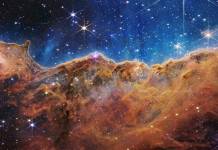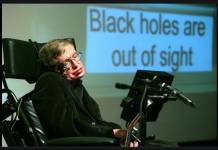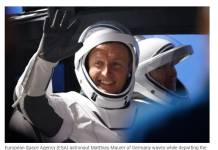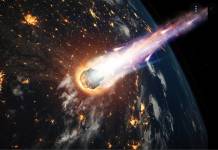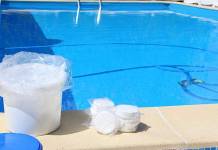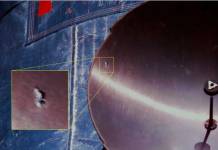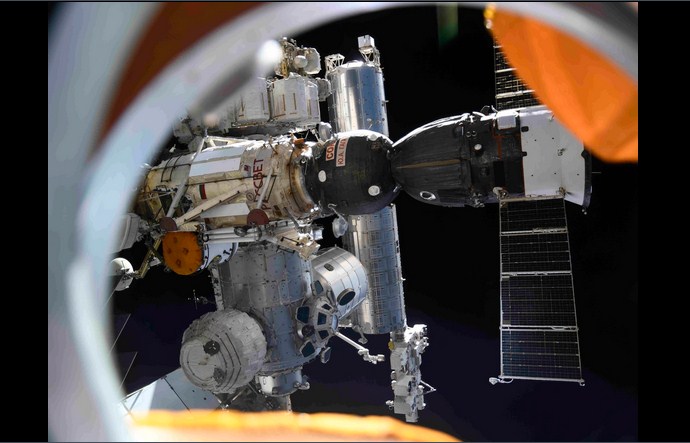
The alarms on the International Space Station went off on Thursday after the smell of burning plastic and smoke was detected. The crew saw the smoke and reported it happened when the batteries of the ISS were being charged. The incident happened at the Russian-built Zvezda module which serves as living quarters.
The Russian space agency Roscosmos said the crew activated air filters to suck away the smoke and smell of plastic before retiring for the night after the air quality was restored to normal. A spacewalk already scheduled for Thursday is still billed to hold without any technical fears. The spacewalk will be to fully integrate the Russian-made Nauka science lab with the ISS; the ISS was slightly knocked out of position when the lab docked at the space outpost in July.
Russian authorities have expressed concerns that the ISS is getting old and should be replaced. In fact, the Russian government said in April that they would construct their own space station before 2030, but there has not been any further news on the proposed project. Russia said several failures have been occurring at the International Space Station due to outdated hardware and software. These have led to air leaks, misfiring engines, and cracks among other unexpected dysfunctions.
The ISS was constructed in 1998 as a joint project by the US, Russia, Japan, Canada, and other European partners. It was supposed to have a lifespan of 15 years, but it is now 23 years in orbiting operation and Roscosmos said it may not function beyond 2030 due to structural fatigue. Russia’s Deputy Prime Minister Yuri Borisov said using the space station beyond that time could “lead to irreversible consequences – to catastrophe.”
As at the moment, there are seven astronauts on the space station. Two from Russia, three from the United States, one from France, and one from Japan; Mark Vande Hei, Shane Kimbrough, and Megan McArthur from the US; Oleg Novitsky and Pyotr Dubrov from Russia; Akihiko Hoshide from Japan; and Thomas Pesquet from France. Novitsky and Dubrov are the ones to do the spacewalk required to integrate the Nauka science lab with the ISS.

